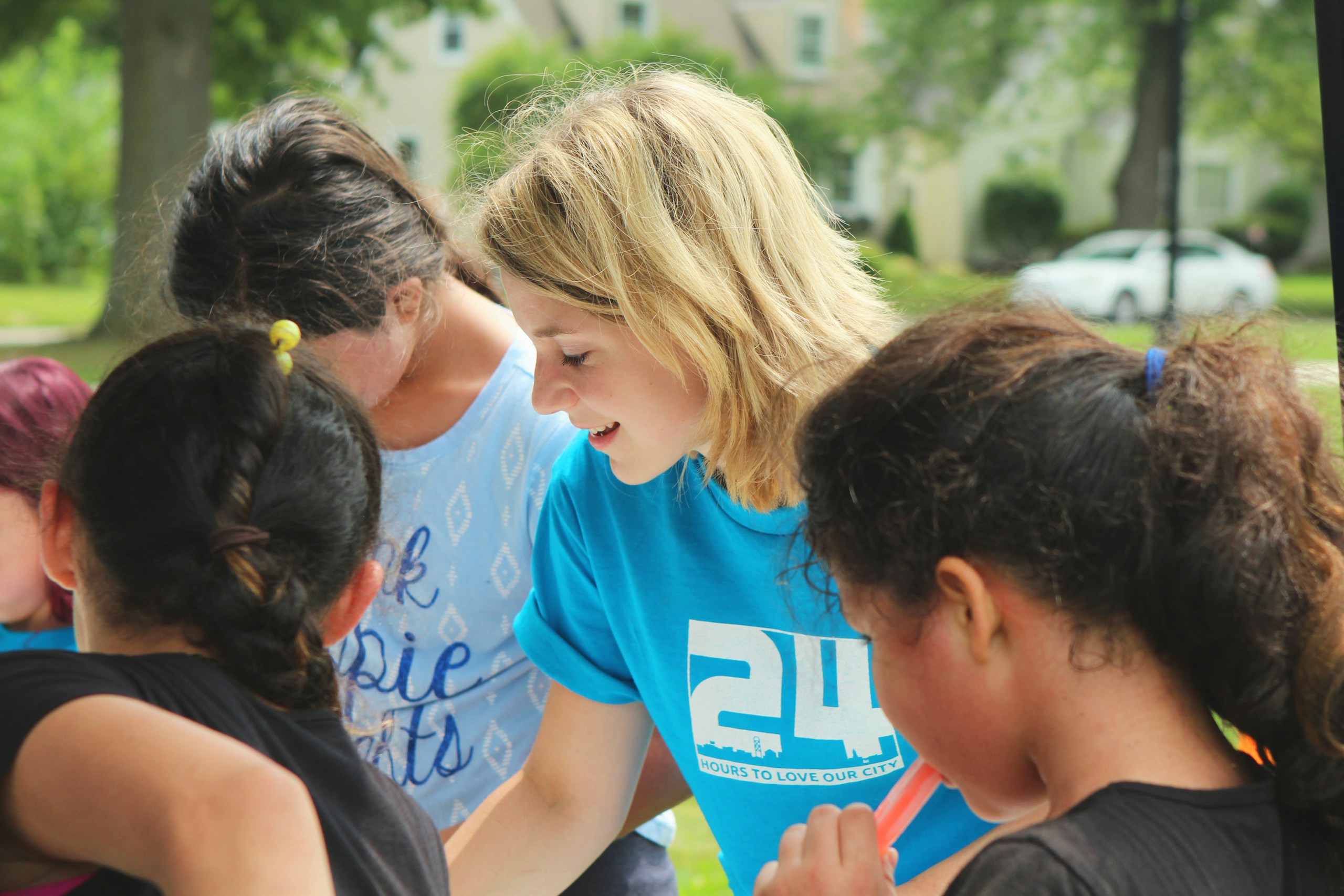Health Benefits of Altruism

 Written by: Sabrina Sourjah
Written by: Sabrina Sourjah
Date Updated: 6/8/2021
Reviewed by: Patrick D. Randolph, Ph.D.
Have you ever paid for coffee for the person behind you in line? Seen how a child’s face lights up when they get a toy they’ve been waiting for? Or received the grateful smile of an older person when you helped them cross the road?
In all these instances, you took time and effort to do something for someone. It wasn’t your responsibility, and you didn’t have an obligation. You helped someone just because you felt like it.
What Is Altruism?
Psychology Today defines altruism as “acting to help someone else at some cost to oneself.” People tend to be altruistic when they see someone in need and empathize with the struggles of another.
When you are altruistic, there is some cost to you. This cost can be in the form of lost time, resources, or reputation. Even non-human primates behave altruistically at times.
Studies show that altruistic people have a more active amygdala, part of the brain that helps us feel emotions and perceive feelings in others.
Altruism vs. Empathy
There is some confusion about the terms altruism and empathy. Empathy is the ability to understand another person’s emotions as your own, leading to altruistic behaviors.
Being altruistic does not stop with empathy for another’s struggle. Altruistic people do something to help the situation.
Types of Altruism
Psychologists have found that there are four different types of altruistic behavior.
- Genetic altruism: In this type of altruism, the recipients of the altruistic acts are one’s close family members and relatives.
- Reciprocal altruism: This involves helping someone, expecting something in return later.
- Group-selected altruism: When you display group-selected altruism, you help those within a selected group like race, nationality, religion, and gender.
- Pure altruism: This form of altruism is motivated by your values and morals, and no reciprocal benefit is expected.
Examples of Altruistic Behavior
You are altruistic when you engage in the following behaviors:
- Volunteering your time for a cause you care about
- Donating your belongings or cash to someone in need
- Helping a relative by listening to their struggles, without expecting anything in return
- Sharing your limited resources during an economic downturn
- Forgoing certain privileges if they result in costs for others
- Holding the door for the person behind you or opening the car door for someone
Benefits of Altruism
1. Overall Health
A study on blood pressure found that people who spent money on others had a significant drop in their blood pressure when compared to those who spent money on themselves. This drop was comparable to the effect of starting high-frequency exercise or a healthier diet.
2. Surgery Outcomes
When one is recovering from surgery, the physical pain in the surgical site and related wounds can be excruciating. According to studies, altruistic behavior can relieve physical pain. This can help in surgery recovery.
It is also proven that stress can delay wound healing after surgery. As per research, altruism can provide relief from stress, negating the impact of stress on postoperative recovery.
3. Mental Health
Research suggests that altruistic acts release endorphins, the feel-good hormone, and this can lead to positive psychological benefits. Those who are altruistic also have better relationships with their partners. Strong bonds with partners can guard against mental illnesses and encourage individuals to get help when needed.
4. Longevity
When you provide social and emotional support to friends, family, and neighbors, your longevity is lengthened compared to those who are less socially engaged in supporting others. A similar relationship exists between regular volunteer work and longevity as well.
5. Life Satisfaction
Studies show that those who help others tend to be happier regardless of the country or cultural context. These studies were conducted in Canada, Uganda, South Africa, and India to examine the impact of the country and culture.
Conclusion
Altruism is a part of conscientiousness, the characteristic of wanting to complete your work, duty, or tasks as best as you can.
A recent study found that those with altruism experienced more negative effects like depression and anxiety during COVID-19. This is because they feel helpless in situations where they cannot perform altruistic acts and help people. Therefore, self-care is a must for those high on the altruism spectrum.